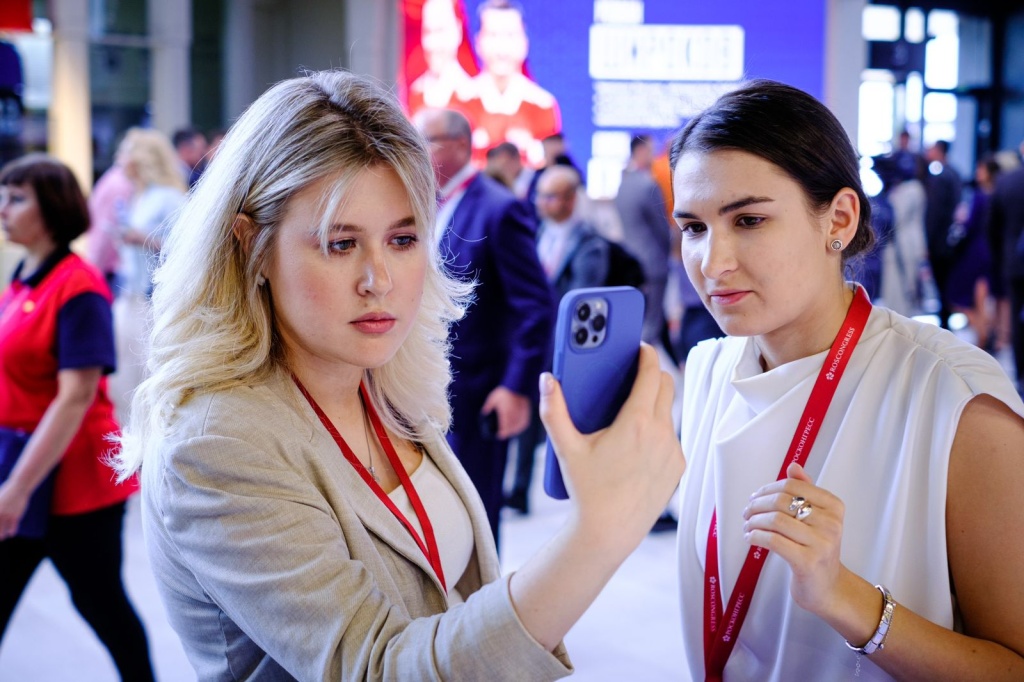Russia and Slovakia sign several international agreements
The Intergovernmental Commission on Economic, Scientific, and Technical Cooperation between the Slovak Republic and the Russian Federation held a regular meeting in Moscow chaired by Russian Minister of Industry and Trade Denis Manturov and Slovak Minister of Economy Peter Žiga.
The central focus of the meeting was a dialogue on overcoming the slump in mutual trade turnover.
At the same time, the first months of 2017 point to a reversal in the trend of recent years. Specifically, according to Russian statistical data, trade between the two countries increased by more than 40% in January–February (+43.4% compared with the same period of 2016) and totalled USD 814.5 million.
During the meeting, the parties spoke about key issues in bilateral cooperation and concluded that Russian–Slovak relations have good prospects and significant potential.
A separate working group for healthcare was established within the Intergovernmental Commission.
Manturov expressed confidence that the work performed by the working group would significantly intensify cooperation in this regard. In addition, he reported that a new working group for customs regulation would also appear in the near future.
Another important achievement in Russian–Slovak relations was the resolution of issues surrounding a project to build a cyclotron centre in Bratislava, whose construction was approved back in 1996.
The cyclotron (a particle accelerator intended for physical experiments) and part of its equipment were manufactured in 2007 at the Joint Institute for Nuclear Research (Dubna), but the construction of the building was suspended.
On March 31, 2017, the Joint Institute for Nuclear Research and the Slovak Office of Standards, Metrology and Testing (SOSMT) signed an agreement to transfer ownership of the equipment to the Russian institute. The Joint Institute for Nuclear Research will provide Slovak scientists access to the equipment to conduct joint research and train Slovak specialists.
A number of agreements were signed during the meeting of the Intergovernmental Commission, including an Addendum to the Interagency Agreement on Cooperation in Education, which envisages the allocation of 200 quotas to Slovak nuclear students; the Programme of Joint Actions of the Russian Ministry of Culture and the Slovak Ministry of Transport and Construction on Cooperation in Tourism in 2018–2021; a Memorandum of Cooperation between Vladimir Region Development Corporation and FESTAP s.r.o.; a Memorandum on the Start of Medical Equipment Production in the Russian Federation; a Memorandum of Understanding between the Academy of Standardization, Metrology, and Certification and Matej Bel University in Banská Bystrica; and an Agreement on Cooperation between the Slovak–Russian Business Council and Russia’s Velomotors.
The meeting concluded with the signing of a final protocol of the eighteenth Intergovernmental Commission on Economic, Scientific, and Technical Cooperation between the Slovak Republic and the Russian Federation.
Russian small and medium-sized business is highly interested in the development of cooperation with Slovakia. This is clearly exemplified by yesterday’s entrepreneurial forum that took place at the Russian Export Centre. Manturov said Russia will continue to support the establishment of new contacts going forward through business missions as well as exhibition and convention events.
Manturov also invited Slovak officials to attend the St. Petersburg International Economic Forum on June 1–3, 2017.
Source: http://minpromtorg.gov.ru/









